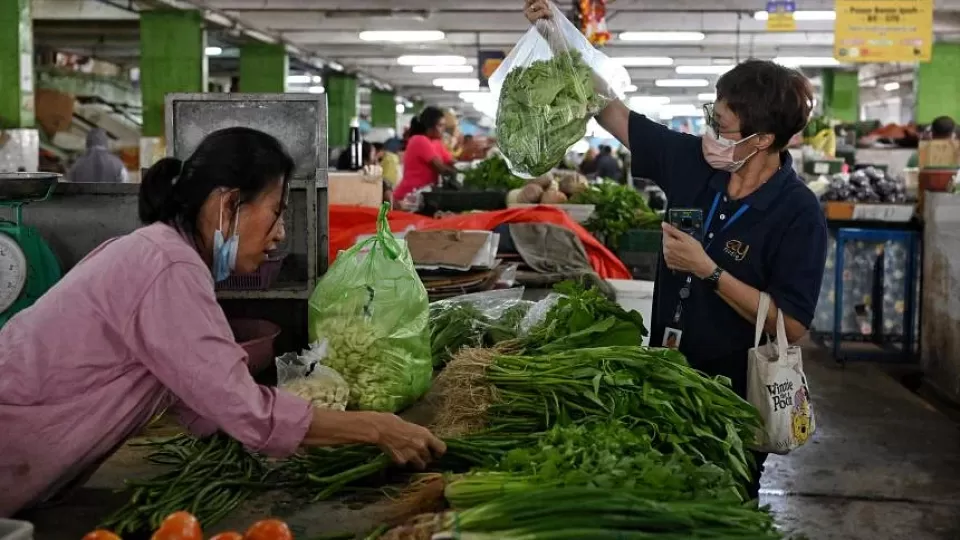March 2, 2023
PETALING JAYA – Consumers have been warned to expect a shortage of vegetables in the market as continuous rain in the last few days has caused farms to be inundated and damaged by strong winds, say farmers.
Federation of Vegetable Farmers Associations president Lim Ser Kwee said the sudden and continuous heavy rains had damaged over 1,000 tonnes of vegetables at farms in the southern peninsula, with losses amounting to tens of millions of ringgit.
For Johor, he said the floods surged overnight and flooded many farms.
He added that farmers in the state reported that their water pumps installed on the riverbanks were washed away while machinery was submerged in the water.
“They reported flooded roads, which have affected transport vehicles entering the farms, causing supply chaos in the vegetable wholesale market.
“Farmers also incurred more losses as they were not able to salvage their pesticides and fertilisers,” he said yesterday.
The federation’s secretary-general, Chay Ee Mong, also warned of a possible price increase should the weather pattern remained unstable.
“It’s hard to predict this round of the rainy season. Even in Cameron Highlands, there had been several days of strong winds and more than 30 hours of continuous drizzle.
“This will certainly affect highland vegetables, delaying their growth and harvest cycles. Their yields will drop,” he added.
Chay, who is also the secretary of the Cameron Highlands Vegetable Growers Association, predicts that vegetable supply will be low in the coming month, causing prices to rise.
The federation also responded to the Consumers Association of Penang’s (CAP) comments about exorbitant vegetable price increases.
Chay said the prices came down after the Chinese New Year festive season in mid-February, with some vegetables dropping more than half their original prices.
“For example, long beans dropped from RM10 to RM2 per kg, cucumber from RM5 to RM2 per kg, sawi (mustard leaves) and kangkung (water spinach) were all less than RM2 per kg.
“Vegetable prices fluctuate according to the supply and demand situation in the wholesale markets and the quality of vegetables,” he said, adding that farmers often ended up making more losses than profits.
Chay noted that the period of high prices previously was due to the abnormal weather patterns between late last year and early this year with frequent rain.
“This differs from the year before, where we had a good period of sunshine before the Chinese New Year, which helped with the growth and gave farmers good yields. Hence, prices were stable.
“When there is little sun during rainy weather, vegetables grow much more slowly because less photosynthesis takes place, affecting yields and supply.
“Consumers should understand that the weather patterns, vegetable prices and production are closely related,” Chay said.
Despite the losses, Lim said farmers would keep rejuvenating the soil and planting on a smaller scale even amid the rainy weather forecast.
“If we don’t, the vegetable supply and prices will be affected more severely, especially when the Ramadan fasting month and Hari Raya Aidilfitri come,” he said.
While vegetable prices fluctuate from time to time, Lim said vegetable farmers had been facing rising production costs for a long time.
“When vegetable output is high and prices are low, farmers have no choice but to bear all the losses.
“The situation has made it difficult for us to survive,” he added.
Lim asked the government to come up with a plan for national subsidies for vegetables.
He said all state governments should have a systematic mechanism to distribute flood relief funds and other types of farming subsidies to vegetable farmers across the country.


